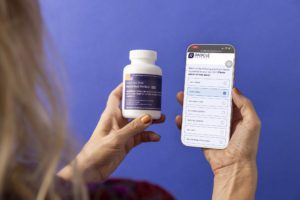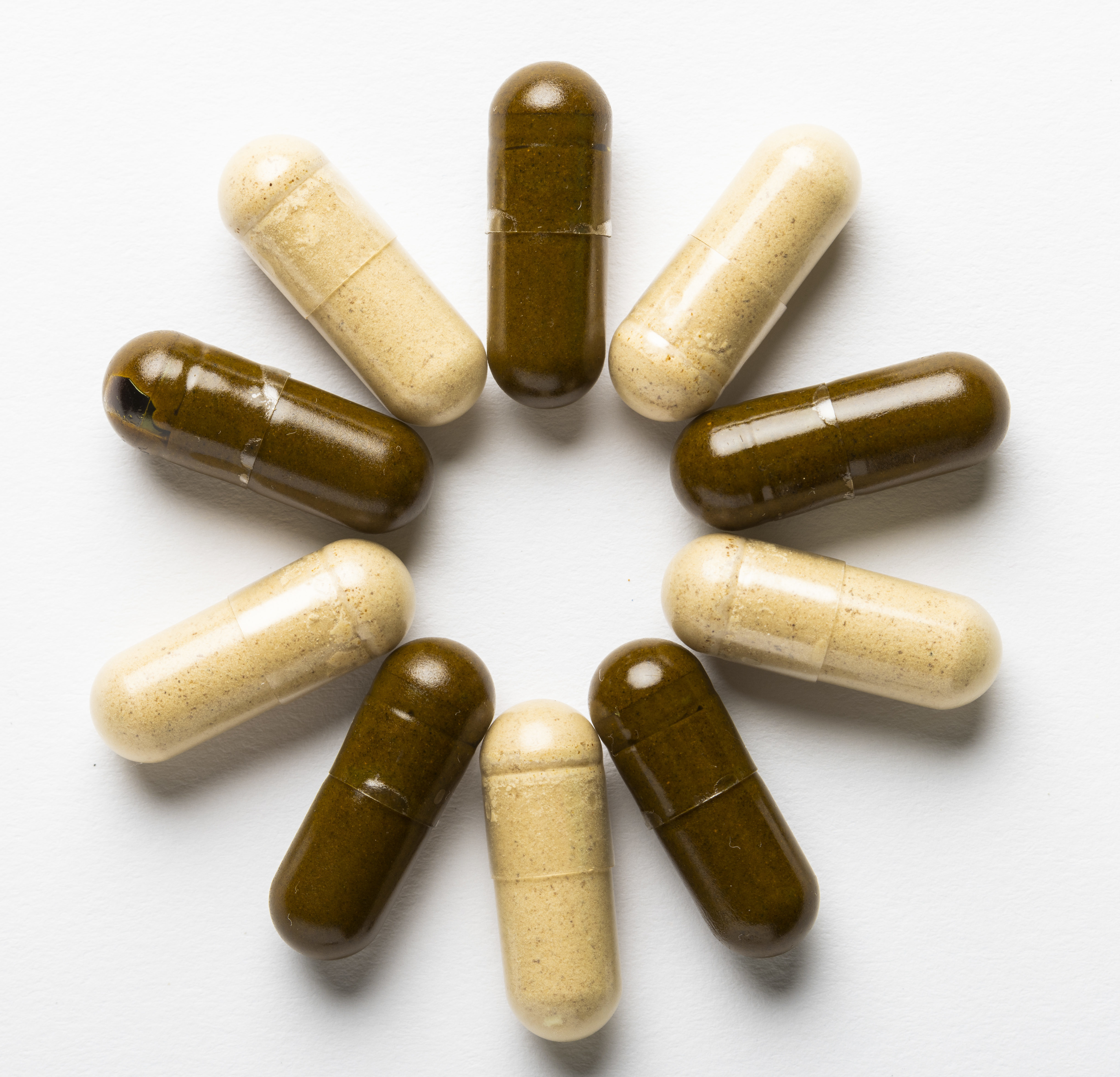When it comes to dietary supplement claims, you can’t believe everything you read, especially if they aren’t backed by scientific proof from supplement clinical trials. Given the previous lack of rigorous clinical trial options for dietary supplement manufacturers, brands had to dance around implied claims on their labels to attract consumers – all while not inviting a closer examination by the FDA or FTC. But thanks to new FTC guidance, clinical change is in the air – which is good news for consumers, brands, and healthcare providers alike.
Structure/Function Claims Must be Backed by Supplement Clinical Trials
A structure/function claim is a statement on the label of a dietary supplement about how the product might affect the human body’s structure (such as “enhances muscle tone”) or function (such as “strengthens your immune system”). Critics argue these claims are unreliable because they don’t require pre-approval by a government agency. Lawyers contend the information can be false and misleading to consumers and therefore potential fodder for class action lawsuits or FTC intervention.
Most dietary supplement products cannot make strong structure/function claims, since many do not have a single clinical trial specific to their product formulation. Traditional clinical trials were designed for patentable pharmaceuticals, making them cost-prohibitive for supplement brands to access to generate this proof of effectiveness. As such, many supplement brands have unfortunately had to resort to testimonials, implied claims and fancy advertising to sway consumers.
Pharmaceutical Drug Companies Making Strong Disease Claims
In contrast, disease claims are statements about the product’s effect on a disease state. They are only within the purview of pharmaceutical drugs because of the inordinate cost and time of clinical trials needed for FDA approval of such claims. On average, it takes $1 billion to take a pharma drug through FDA approval.
Disease claims should not be seen on supplements. The FDA warns supplement companies to steer clear of disease claims, even implied ones from testimonials that mention a disease. This is also why most supplement products have the disclaimer, “These statements have not been evaluated by the Food and Drug Administration. This product is not intended to diagnose, treat, cure or prevent any disease.”
This is also why doctors tend to recommend pharmaceuticals and avoid making supplement recommendations, except in the rare case that a supplement has been clinically tested. Pharmaceuticals have clinical proof, while most supplements do not.
But the problem with pharmaceuticals is access and expense. For consumers, it’s access to effective products without necessitating a doctor’s office visit, taking off work, obtaining a prescription, and above all, needing good insurance coverage to avoid paying exorbitant out-of-pocket costs. For manufacturers, it’s providing market access to formulations without waiting the average decade for new drug approval.
Dietary supplements are a potential solution to all of these issues, but if – and only if – they can get proof.
New FTC Guidance Takes a Hard Look at Structure/Function Claims
Given the litigious risk of supplement products’ weak structure/function claims, the rules that do exist are becoming increasingly expanded and more complex. When it comes to claims and dietary supplements, the FDA relies on the FTC for guidance, namely the organization’s “standard of competent and reliable scientific evidence.” The standard has been defined as “tests, analyses, research, studies or other evidence based on the expertise of professionals in the relevant area, that has been conducted and evaluated in an objective manner by persons qualified to do so, using procedures generally accepted in the profession to yield accurate and reliable results.”
In December 2022, the FTC expanded the “competent and reliable scientific evidence standard” to emphasize the rule that companies need to support health-related claims with high-quality, randomized, controlled human clinical trials (RCTs). These are precisely the types of clinical trials to which the supplement industry has had minimal access.
While the FDA has yet to weigh in on how the new FTC regulations will affect their policies, supplement clinical trials merit serious consideration in a brand’s research and development, marketing and legal strategy. The FTC’s hot-off-the press “Health Products Compliance Guidance” is a game-changer. The future of dietary supplement claims is powered by proof.
Supplements Stepping into a Future Powered By Proof
Thankfully, clinical trials are being transformed by many emerging trends, including digital health innovations, virtualization, AI analysis, direct-to-consumer approaches, and disintermediation. Clinical trials are now more available to supplement manufacturers than ever before in history.

In our next post, we talk more about traditional clinical trials versus the next-generation clinical trials that the scientists at Radicle Science have pioneered and our mission to support the supplement industry.
In the meantime, if you want to sign up for a Radicle Science dietary supplement clinical trial, please join our mailing list, and we’ll let you know first about any open studies.
hbspt.forms.create({
region: “na1”,
portalId: “9251305”,
formId: “4bd35be1-200b-4378-b2d2-fb5b3c1d362c”
});
